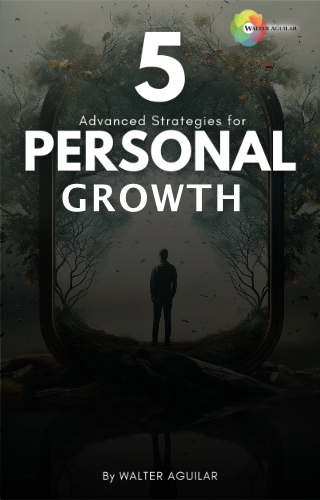“Letting go gives us freedom, and freedom is the only condition for happiness.” – Thich Nhat Hanh
Loss is an inevitable part of life. Whether it’s the loss of a loved one, a job, or even missed opportunities, these moments have the power to shape us. Yet, how we handle these losses is pivotal in determining our joy level in the present moment. The process of healing and moving forward is one that requires conscious effort, and for many, this journey begins with learning to forgive, accept, and let go.
One of the first steps in dealing with loss is learning to forgive; ourselves and others. Often, we carry the weight of blame, regret, or resentment long after the actual event has passed. We may hold grudges, not just against those who may have wronged us, but also against ourselves for decisions we made or opportunities we feel we missed. This inner conflict keeps us stuck in the past, preventing us from experiencing joy in the now. True forgiveness is about freeing yourself from this emotional burden and recognizing that everyone, including yourself, is doing the best they can with the tools they have at the time.
The next critical aspect is acceptance. Life is full of imperfections, and often we fight against what we cannot control. We resist changes, avoid confronting uncomfortable emotions, or wish things were different. Acceptance means coming to terms with what is—both in ourselves, in others, and in the circumstances we face. It doesn’t mean we endorse or agree with everything that happens, but it allows us to acknowledge reality without unnecessary struggle, which is essential for inner peace.
Learning to let things go is the most transformative aspect of this process. Many of us, however, have never been taught how to truly let things go. Our primary role model, usually our parent, often didn’t know how to do this either. They may have carried their own unresolved pain, fears, or disappointments, unintentionally passing these coping mechanisms down to us. As a result, we may feel compelled to hold on to past hurts or frustrations, unconsciously mimicking the emotional patterns we witnessed growing up. Breaking this cycle requires us to first become aware of it and then make a conscious decision to choose a different path; one that embraces the present moment and releases the past.
Living in the present moment is a skill that enhances our joy level immeasurably. When we cling to what was, or what we wished had been, we are not truly living. We are merely existing in a mental space that prevents us from experiencing the beauty and potential of the now. To live in the present, we must be willing to release the grip that past losses have on us. This doesn’t mean forgetting or ignoring them, it means letting go of the emotional attachment that binds us to those moments so that we can fully embrace life as it is, right now.
When we learn to forgive, accept, and let go, we open ourselves up to a more joyful existence. It’s a process that takes time, patience, and self-compassion, but one that is ultimately freeing. By choosing to live in the now, we allow ourselves to experience peace, gratitude, and joy, regardless of the losses we’ve encountered in the past.
“To let go does not mean to get rid of. To let go means to let be. When we let be with compassion, things come and go on their own.” – Jack Kornfield
In essence, our joy in the present moment is directly linked to how we handle the losses we’ve faced. Learning to release the past, forgive, and accept allows us to reclaim our joy and live more fully. It’s a practice of choosing to be in the moment, unburdened by what no longer serves us. And in doing so, we not only raise our own level of happiness but also set a new example for future generations on how to deal with life’s inevitable challenges with grace.






